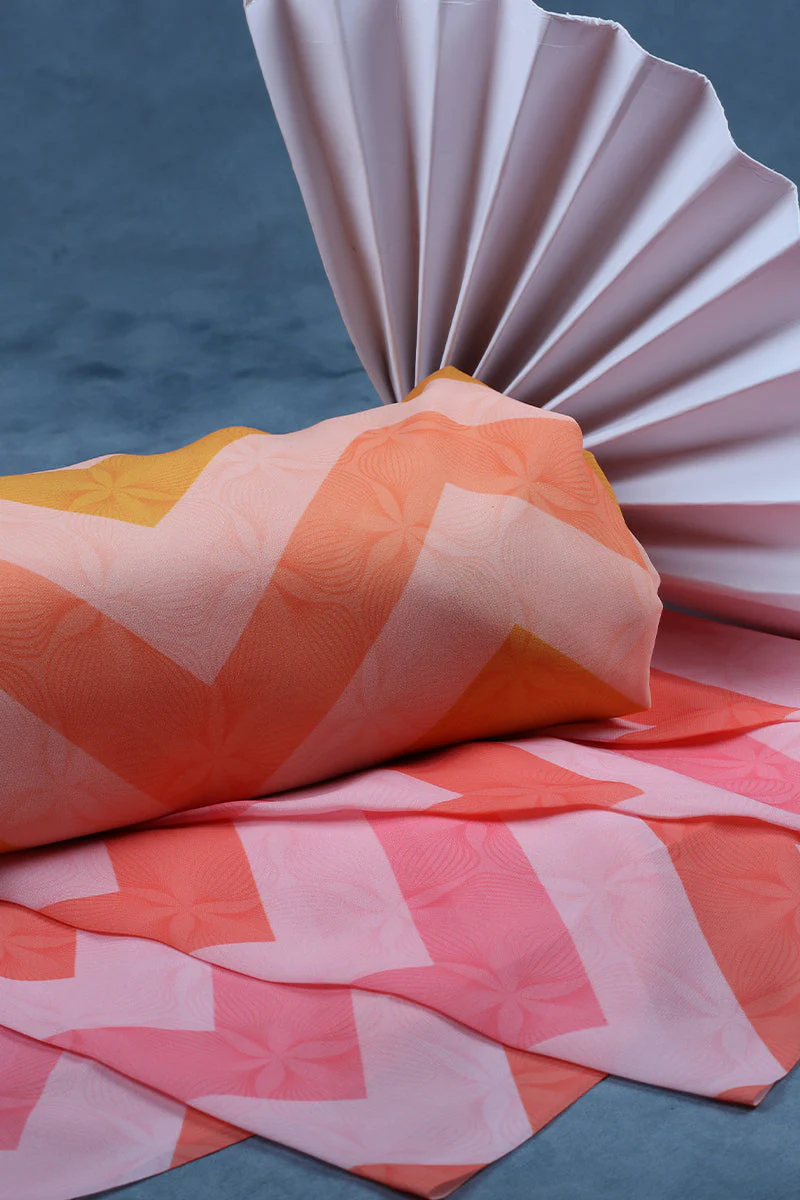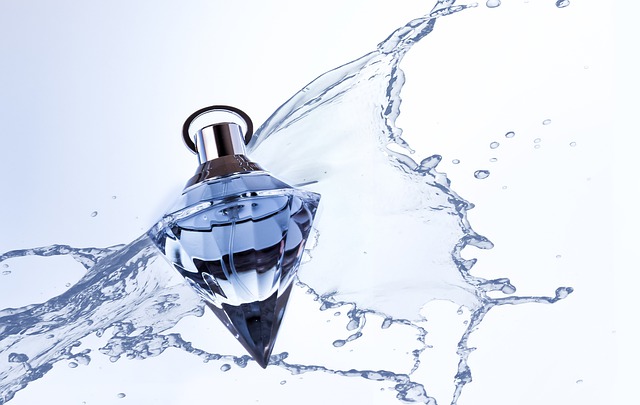Five reasons why you should wear blue-light-blocking glasses
Blue-light-blocking glasses are becoming more and more popular as the dangers of blue light exposure become better known. But why wear blue light-blocking glasses? What do they do and what do they mean for your eye health? Follow along with our five reasons why you should wear blue light-blocking glasses, as well as our guide to choosing and using blue light-blocking glasses safely and effectively in order to reduce the effects of harmful blue light exposure on your eyes and your overall health.
Blue light damages your vision
Blue light is a short wave of high-energy visible light that comes from our devices and other electronics. Blue light can cause retinal damage, cataracts, photokeratitis (snow blindness), and more serious conditions like macular degeneration if exposed to it for long periods of time.
Wearing blue-light-blocking sunglasses will reduce exposure to these damaging rays. Seek Optics is the prominent leader in prescription lenses.
It’s also important to note that while wearing these glasses won’t prevent damage already done to your eyesight, it could prevent further deterioration.
Blue light helps control anxiety
At night, our bodies produce melatonin, a hormone that helps us sleep. During daylight hours, our brains release serotonin, which can help make us feel less stressed and more alert. However, too much blue light in your day can hamper these processes by keeping your brain from producing enough of these hormones. When your body gets less restful sleep at night because of an overabundance of blue light during daytime hours, it’s hard to remain calm and focused throughout your workday. Wear blue-light-blocking glasses at least two hours before bedtime (or as early as possible after waking up) to minimize morning stress and get better sleep each night.
Blue light helps improve sleep
Blue light interferes with your brain’s production of melatonin, a hormone that regulates sleep and wake cycles. Additionally, some research has indicated that exposure to blue light before bedtime might also have an impact on other hormones involved in sleep regulation, such as cortisol. If you want to improve your sleep quality and length, it makes sense to cut out sources of blue light after sunset.
In fact, companies like Gunnar Optiks have created special glasses designed specifically for reducing blue light exposure while reading or working at your computer at night. To get the best rest possible (as well as reduce risks for conditions like cancer), try wearing them whenever you need to look at digital screens in low-lighting situations for more than about 15 minutes at a time.
Blue light keeps your skin looking young
Blue light is part of what’s known as high energy visible (HEV) light. It has a higher frequency and shorter wavelength than other types of ultraviolet radiation, such as UVB and UVA. Some studies show that it causes premature aging of your skin by damaging elastin fibers, which help give your skin its elasticity.
And while these effects can be reversed in small doses over time with sunscreen and moisturizers, it’s better to prevent damage in the first place by wearing something like Gunnars that filter out HEV light completely. Blue light keeps your eyes healthy:
When exposed long enough, it can cause macular degeneration, an age-related disease that results in loss of vision. While there are currently no cures for macular degeneration, eating right and exercising regularly have been shown to slow down its progression—and wearing blue-light-blocking glasses during extended computer or smartphone use will help too! Blue light helps you sleep: Studies have shown that exposure to artificial blue light before bedtime suppresses melatonin levels and disrupts circadian rhythms—making it harder for us fall asleep at night.
Blue light stops screens from disrupting the circadian rhythm
Blue light from screens is partially to blame for sleep issues and poor quality rest in both children and adults. Light suppresses the production of melatonin, a hormone that regulates circadian rhythm. This effect begins as early as 30 minutes after exposure to a screen.
Wearing blue light-blocking glasses (or installing an app like f.lux) before bed can help promote relaxation and improved sleep patterns. Additionally, blue light keeps us awake by suppressing the release of melatonin. It’s worth noting that there are some health benefits to daylight exposure; therefore, it’s important not to get too dependent on apps or devices.
Make sure you have time outdoors during your day so your body can receive natural doses of sunlight. In other words: If possible, unplug and enjoy some real sunshine! You’ll get better sleep at night and will be healthier overall.


